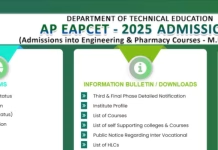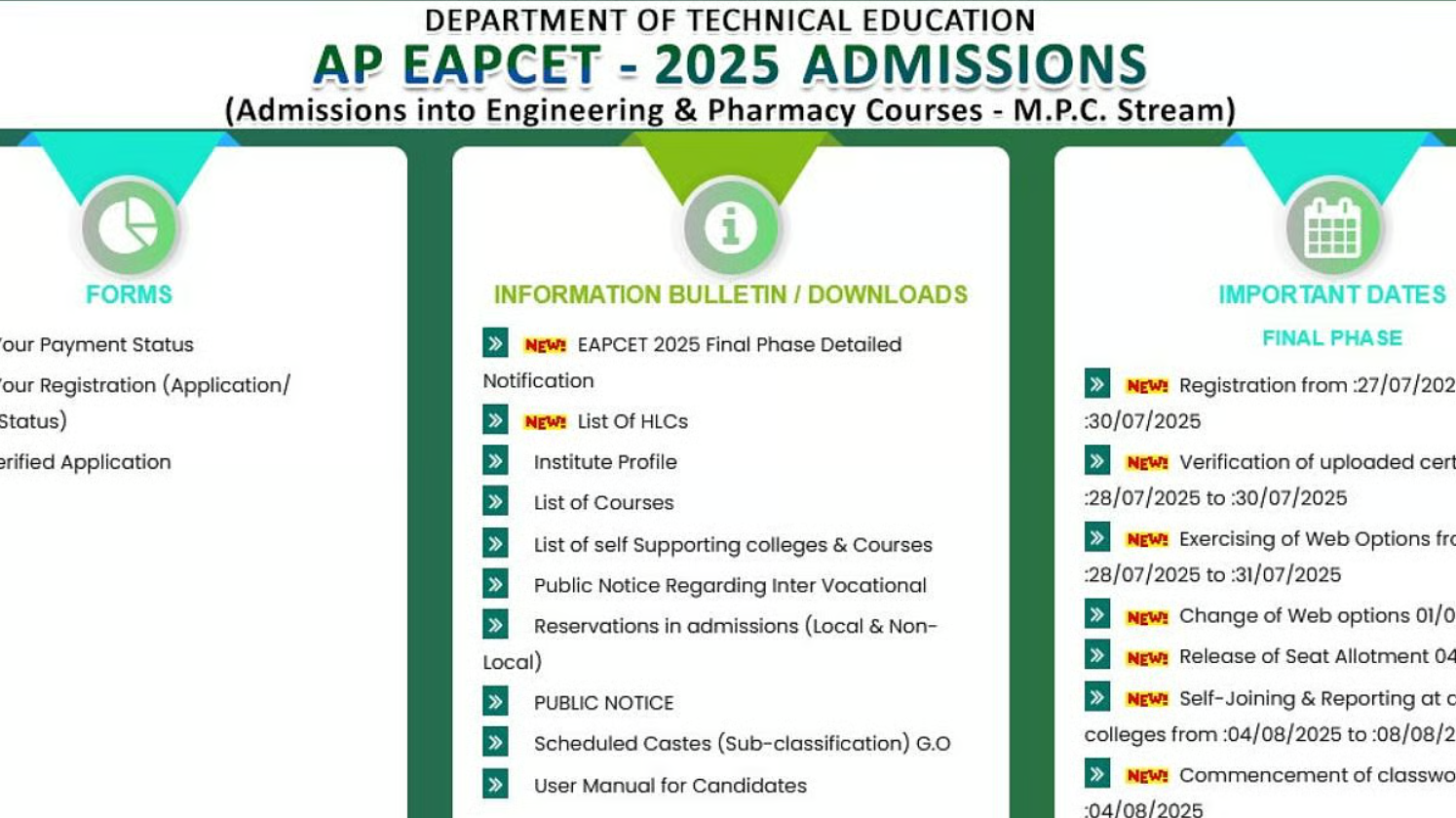Benefits of Liberal Arts Education
A liberal arts education offers numerous benefits that go beyond traditional academic programs. It provides students with a well-rounded education, fostering critical thinking, creativity, and adaptability. In this article, we will explore the advantages of a liberal arts education and why it is highly regarded in today’s competitive world.
Enhanced Critical Thinking Skills
One of the key benefits of a liberal arts education is the development of critical thinking skills. Liberal arts programs encourage students to explore a wide range of subjects, including humanities, social sciences, natural sciences, and the arts. This interdisciplinary approach helps students develop analytical and problem-solving abilities that are applicable in various real-world situations.
Broad Knowledge Base
A liberal arts education equips students with a broad knowledge base across multiple disciplines. It enables individuals to understand different perspectives, fostering empathy, tolerance, and cultural awareness. This diverse knowledge foundation prepares students to engage in meaningful conversations, make informed decisions, and appreciate the complexities of the world we live in.
Flexibility and Adaptability
Liberal arts graduates are known for their adaptability and flexibility. The interdisciplinary nature of liberal arts education allows students to develop transferable skills that are highly sought after by employers. These skills include effective communication, problem-solving, teamwork, and leadership. Liberal arts graduates are equipped to navigate the rapidly changing job market and are prepared to embrace new challenges with confidence.
Creative Thinking and Innovation
A liberal arts education nurtures creativity and innovation. By exploring various disciplines, students are encouraged to think outside the box and approach problems from different angles. This interdisciplinary approach fosters an environment that encourages curiosity, originality, and the ability to connect ideas from diverse fields. Liberal arts graduates often bring fresh perspectives and innovative solutions to complex problems.
Personal and Professional Development
Liberal arts education not only focuses on academic development but also personal growth. Students are encouraged to explore their passions, develop their unique strengths, and gain a deeper understanding of themselves. This self-awareness and personal development contribute to building well-rounded individuals who are ready to make a positive impact in their personal and professional lives.

A liberal arts education offers a multitude of benefits that extend beyond the traditional academic realm. It fosters critical thinking, broadens knowledge, promotes adaptability, nurtures creativity, and contributes to personal and professional development. The interdisciplinary nature of liberal arts education equips graduates with a diverse skill set that is highly valued in today’s rapidly changing world. Embracing a liberal arts education can open up a world of opportunities and prepare individuals for success in various career paths.
Frequently Asked Questions
1. What is a liberal arts education?
A liberal arts education is an academic approach that provides students with a well-rounded education, covering various disciplines such as humanities, social sciences, natural sciences, and the arts.
2. What are the benefits of a liberal arts education?
A liberal arts education offers several advantages, including:
Developing critical thinking and problem-solving skills
Enhancing communication and writing abilities
Fostering creativity and innovation
Promoting cultural understanding and empathy
Preparing students for a wide range of careers
3. How does a liberal arts education promote critical thinking?
A liberal arts education encourages students to analyze complex issues from multiple perspectives, challenge assumptions, and develop logical reasoning skills, which are essential for critical thinking.
4. Can a liberal arts education lead to successful careers?
Absolutely! Liberal arts graduates possess transferable skills that are highly valued in the job market, such as adaptability, communication, problem-solving, and leadership, making them well-prepared for various career paths.
5. Is a liberal arts education only for students interested in the humanities?
No, a liberal arts education encompasses a wide range of disciplines, including humanities, social sciences, natural sciences, and the arts. It offers flexibility for students to explore diverse academic interests.
6. How does a liberal arts education foster cultural understanding?
By studying different cultures, histories, and societies, students gain a broader perspective of the world, develop empathy, and learn to appreciate diverse perspectives, fostering cultural understanding and global awareness.
7. Are there any disadvantages to a liberal arts education?
While a liberal arts education provides numerous benefits, some students may find it challenging to narrow down their career choices due to the broad range of subjects studied. However, this can also be seen as an opportunity for exploration.
8. Can a liberal arts education lead to entrepreneurship?
Absolutely! The interdisciplinary nature of a liberal arts education equips students with the skills and mindset needed for entrepreneurship, such as creativity, critical thinking, adaptability, and effective communication.
9. How does a liberal arts education contribute to personal growth?
Through exposure to diverse disciplines, a liberal arts education encourages self-reflection, intellectual curiosity, and personal growth. It helps students develop a deeper understanding of themselves and the world around them.
10. Are liberal arts graduates successful in graduate school?
Yes, liberal arts graduates often excel in graduate school due to their strong foundation in critical thinking, research skills, and the ability to adapt to new challenges. Many graduate programs value the interdisciplinary background of liberal arts students.




